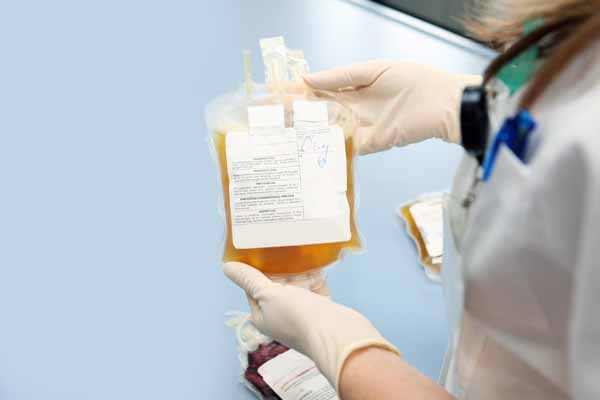
Federal health authorities are pausing distribution of a combination monoclonal antibody therapy for COVID-19 that had previously been approved for emergency use, and are recommending using other antibody therapies to treat new COVID-19 variants growing in prominence.
The Office of the Assistant Secretary for Preparedness and Response (ASPR) announced Friday that it was immediately pausing all distribution of bamlanivimab and etesevimab together, as well as etesevimab alone, “until further notice.” According to an ASPR release, evaluations have shown those two drugs together “are not active” against either the Gamma or Beta variants of COVID-19, and the frequencies of those two variants are collectively “trending upward.” In the meantime, the Food and Drug Administration is recommending different antibody therapies.
“REGEN-COV and sotrovimab are alternative monoclonal antibody therapies that are currently authorized for the same use as bamlanivimab and etesevimab administered together,” and have been shown as “likely to retain activity” against those two variants, ASPR said.
According to the assistant secretary, treatment delivery sites can continue ordering REGEN-COV from its authorized distributor by following existing procedures for ordering and reporting. Treatment sites can find information on ordering sotrovimab on GlaxoSmithKline’s website.
For questions about COVID-19 variants and monoclonal antibody therapies to treat them, contact the U.S. Department of Health and Human Services.
Last Updated On
June 29, 2021
Originally Published On
June 29, 2021